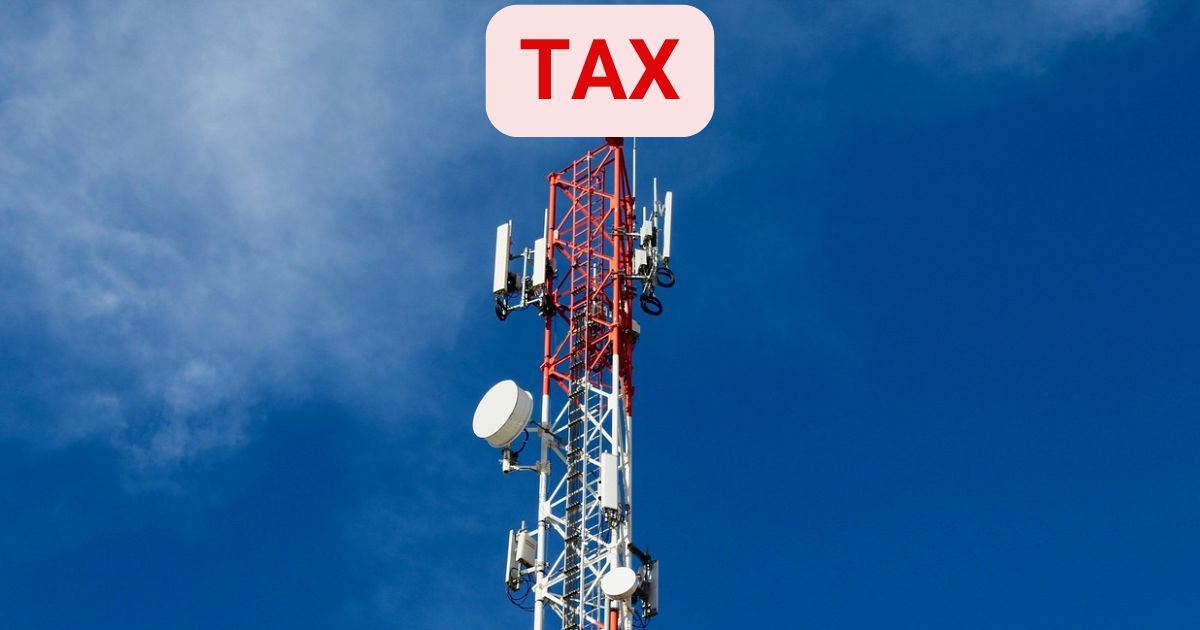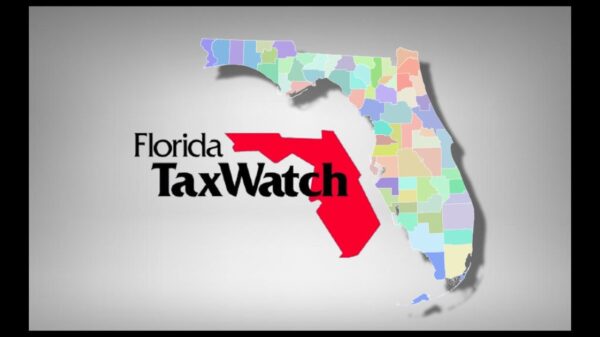A new summary by the James Madison Institute’s (JMI) Dr. Edward Longe says Florida’s Communication Services Tax (CST) is a “digital tax trap” that stifles innovation.
In 2001, the CST was established during Gov. Jeb Bush’s administration. It imposes a tax on each sale of communications services, which is passed along to consumers in the areas of cable television, video and music streaming, telephone, and mobile communications.
Dr. Longe says this tax is one of the worst in the U.S. because it has become a burden to users, and the tax itself is complex.
JMI’s report shows that when combining the state and local rates, it exceeds 15% of a consumer’s bill, ranking Florida among the most expensive states for communications services.
Dr. Longe highlights three problems with the current CST system.
The analysis says the tax’s broad and ambiguous definition of “communications services” has enabled continuous expansion through administrative interpretation rather than legislative action, recently extending to services like celebrity video messages and online education platforms.
The other problem is the variation in rates across Florida’s 481 taxing jurisdictions, which creates significant administrative complexity and regional cost disparities.
One of the big problems Dr. Longe says, despite CST bringing $608 million in revenue, is that the tax proceeds are diverted to general funds rather than supporting critical communications infrastructure.
The solutions?
Extend the current CST rate freeze beyond 2026 to prevent jurisdictional rate increases, establish clearer legislative definitions of taxable services to prevent administrative overreach, and mandate that CST revenues be dedicated first to communications infrastructure before general spending. These reforms would enhance regulatory certainty, protect consumers from rising costs, and ensure tax revenues support the infrastructure they were intended to fund.
“The CST places a significant burden on residents and businesses alike. This outcome starkly contrasts with the original goal of simplification and efficiency. Most concerning is the fact that poorly written definitions and ambiguities have led to more services being taxed than originally intended,” says Dr. Longe.
Longe says the state legislature needs to reform the CST tax to make it benefit the current needs of Florida’s citizens and businesses.






















